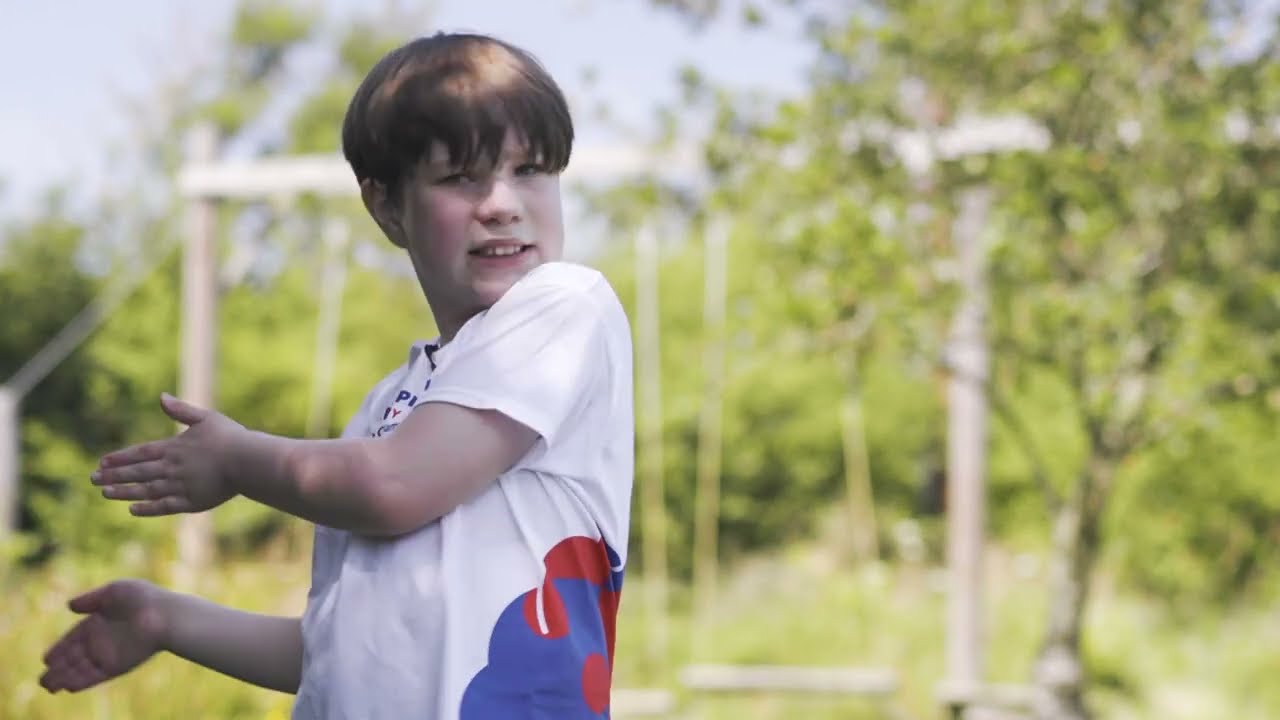
DiYES International School – Protecting Your Child from Encephalitis starts with understanding the disease. Encephalitis is an inflammation of the brain, often caused by infections. It can lead to severe complications, including neurological damage. Children are particularly vulnerable to this condition. Early detection and proper care can prevent lasting effects. Parents must be aware of the signs and symptoms to respond effectively.
Encephalitis is an inflammation of the brain. It is commonly caused by viral infections, but bacteria can also play a role. The viruses responsible include herpes simplex, varicella-zoster, and enteroviruses. In some cases, encephalitis occurs after a viral infection like the flu or chickenpox. It may also be triggered by a tick bite or mosquito transmission.
The symptoms of encephalitis in children can vary. They may include fever, headache, nausea, and vomiting. Sudden changes in behavior or confusion are also common. Seizures can occur, especially in severe cases. In some instances, a child may experience difficulty speaking or moving parts of their body. Parents should act quickly if any of these signs are present. Immediate medical attention can make a significant difference in the outcome.
“Read about: Rashes and Bumps: A Parent’s Guide to Molluscum Contagiosum in Kids”
Preventing encephalitis in children involves reducing the risk of infection. Vaccination is one of the most effective methods. Vaccines for diseases like measles, mumps, rubella, and chickenpox can help prevent encephalitis. Avoiding mosquito and tick bites is also essential. Parents should ensure their children wear protective clothing when in areas with high insect activity. Applying insect repellent can further reduce the risk of transmission. Additionally, proper hygiene practices, such as handwashing, can help prevent infections that may lead to encephalitis.
If a child shows symptoms of encephalitis, parents should seek medical attention immediately. Early intervention improves recovery chances. A doctor will perform tests to confirm the diagnosis. These tests may include blood work, MRI scans, or a lumbar puncture to analyze cerebrospinal fluid. Once diagnosed, treatment options vary depending on the cause. Antiviral medications may be prescribed if a virus is identified as the cause. In some cases, children may need to be hospitalized for monitoring and treatment.
Encephalitis can lead to long-term health issues in some children. Cognitive impairments, such as memory loss or difficulty with learning, may occur. Physical disabilities, such as paralysis or difficulty with motor skills, are also possible. Behavioral changes, including mood swings or difficulty with social interactions, can persist. Children who experience encephalitis need ongoing support and rehabilitation. Early intervention and therapy can improve their quality of life.
“Read more: The Impact of Anemia on Child Development and Growth”
Communities must work together to raise awareness of encephalitis. Educating parents, teachers, and healthcare providers is essential. Schools should educate children about the importance of vaccinations and good hygiene. Public health campaigns can help increase knowledge about the risks and prevention of encephalitis. By raising awareness, we can better protect children from this dangerous condition.
Protecting your child from encephalitis requires knowledge, prevention, and prompt action. Vaccinations, mosquito protection, and good hygiene practices play a crucial role. Parents should be vigilant and seek medical attention if their child shows any signs of encephalitis. Early diagnosis and treatment can significantly improve the chances of recovery. By staying informed and taking the necessary steps, parents can help protect their children from the serious risks of encephalitis.